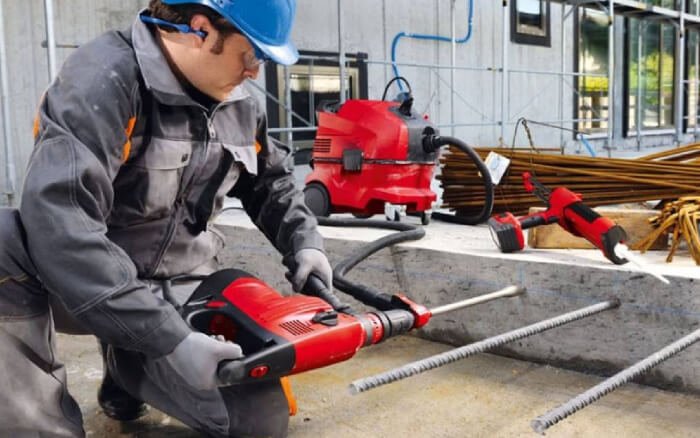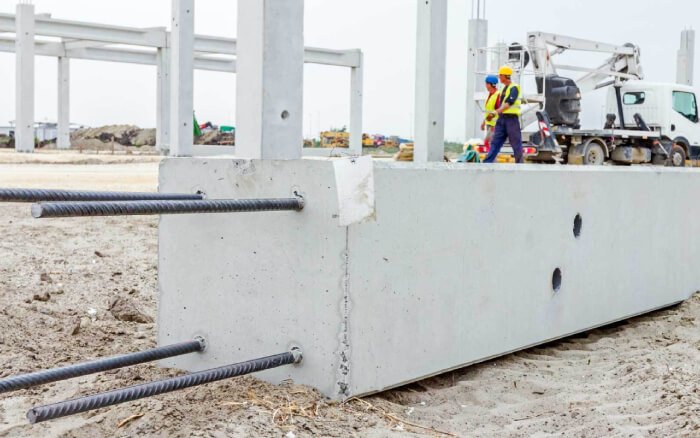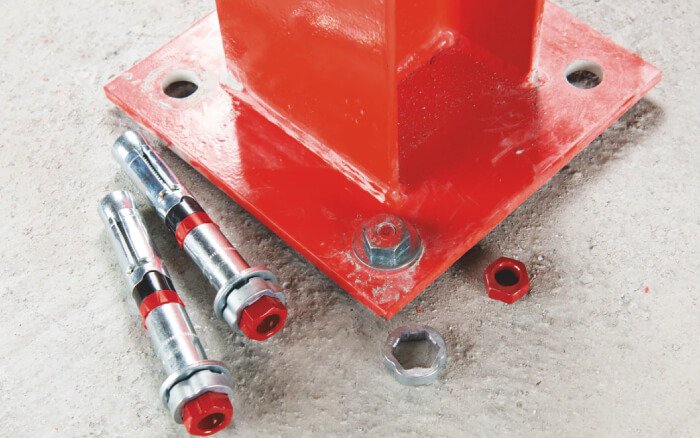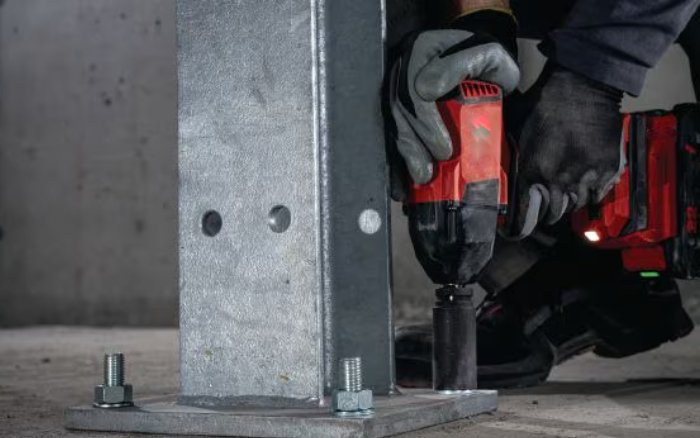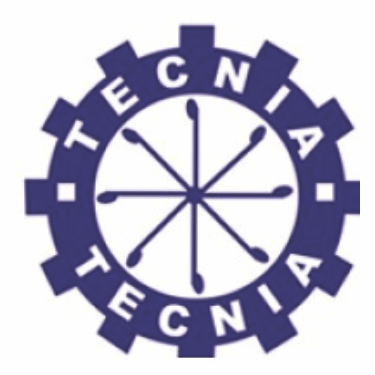What is Epoxy-Coated Rebar?
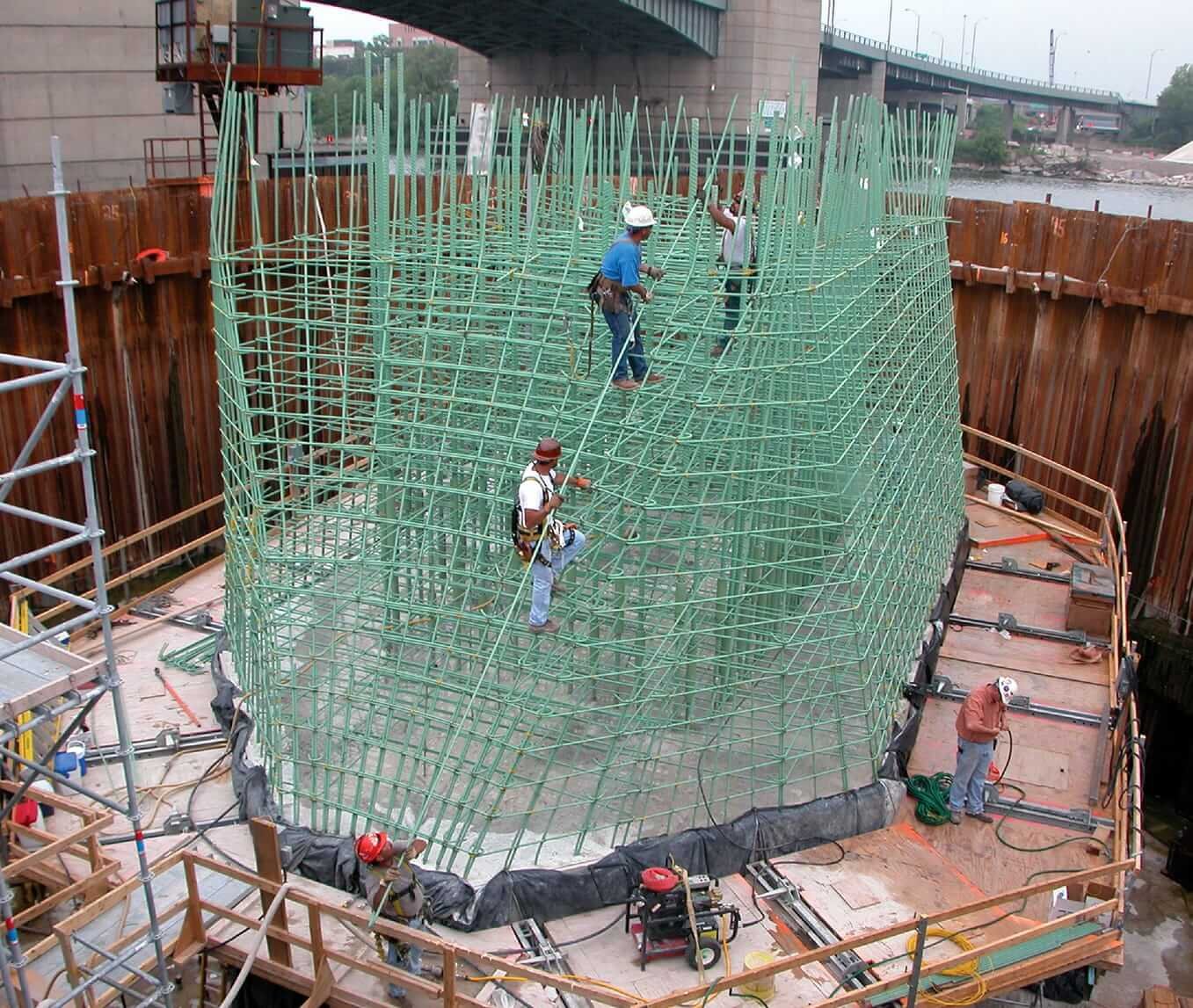 Epoxy-coated rebar is a type of steel reinforcement bar that has been coated with a layer of epoxy resin. The epoxy coating serves as a protective barrier that prevents moisture, salts, and other corrosive agents from coming into direct contact with the rebar, which helps protect the steel from rusting and corrosion. This type of rebar is widely used in concrete construction, particularly in areas where high humidity, de-icing salts, and other environmental factors can contribute to the deterioration of traditional carbon steel rebar.
Epoxy-coated rebar is a type of steel reinforcement bar that has been coated with a layer of epoxy resin. The epoxy coating serves as a protective barrier that prevents moisture, salts, and other corrosive agents from coming into direct contact with the rebar, which helps protect the steel from rusting and corrosion. This type of rebar is widely used in concrete construction, particularly in areas where high humidity, de-icing salts, and other environmental factors can contribute to the deterioration of traditional carbon steel rebar.
Properties of Epoxy-Coated Rebar
Epoxy-coated rebar offers numerous beneficial properties that enhance its durability and performance in concrete structures:
- Corrosion Resistance: The primary benefit of epoxy-coated rebar is its ability to resist corrosion. The epoxy coating acts as a shield against water, chlorides, and chemicals that would otherwise cause rusting of the steel.
- Increased Durability: Epoxy-coated rebar extends the service life of concrete structures by protecting the steel reinforcement from the corrosive effects of the environment.
- Improved Concrete Bonding: The rough texture of the epoxy coating enhances the bond between the rebar and the surrounding concrete, providing better structural integrity.
- Cost-Effective Protection: Epoxy-coated rebar provides an affordable solution to corrosion protection compared to other corrosion-resistant options such as stainless steel or galvanized rebar.
- Non-Conductive: Epoxy-coated rebar is non-conductive, making it ideal for use in specific environments where electrical conductivity is a concern.
Benefits of Using Epoxy-Coated Rebar
Epoxy-coated rebar offers several advantages over traditional carbon steel rebar, particularly in environments where corrosion is a major concern:
- Corrosion Resistance: Epoxy-coated rebar is highly resistant to rust and corrosion, which is especially important in environments exposed to moisture, salts, and chemicals.
- Extended Service Life: By protecting the rebar from corrosion, epoxy-coated rebar helps to extend the lifespan of concrete structures, reducing the need for frequent repairs and replacements.
- Reduced Maintenance Costs: The protective epoxy coating reduces the frequency of maintenance and repair work that would otherwise be necessary for steel reinforcement exposed to the elements.
- Improved Structural Integrity: Epoxy-coated rebar ensures that the reinforced concrete remains strong and stable over time by preventing the rusting that leads to concrete cracking and spalling.
- Cost-Effective Alternative: Compared to other corrosion-resistant rebar options, such as stainless steel or galvanized rebar, epoxy-coated rebar offers a more cost-effective solution while still providing excellent protection.
Applications of Epoxy-Coated Rebar
Epoxy-coated rebar is commonly used in concrete projects that require resistance to corrosion, especially in harsh environments. Some typical applications include:
- Bridges: Epoxy-coated rebar is often used in bridge construction to protect the steel reinforcement from de-icing salts and moisture, which can cause rust and deterioration.
- Parking Structures: In parking garages and other exposed concrete structures, epoxy-coated rebar helps prevent rust due to moisture, salt, and the chemicals found in vehicle exhaust.
- Marine and Coastal Structures: Coastal infrastructure such as seawalls, piers, and docks benefit from the corrosion protection provided by epoxy-coated rebar in saltwater environments.
- Roadways and Highways: Epoxy-coated rebar is used in the construction of highways and roads, especially in regions that use de-icing salts in the winter, to prevent corrosion and extend the life of the concrete.
- Wastewater Treatment Plants: In environments where chemicals and moisture are prevalent, epoxy-coated rebar ensures the longevity and durability of the reinforced concrete.
Epoxy-Coated Rebar vs. Other Types of Rebar
Epoxy-coated rebar offers several advantages when compared to other rebar options, such as carbon steel, galvanized, or stainless steel rebar:
- Corrosion Resistance: Epoxy-coated rebar has superior corrosion resistance compared to uncoated carbon steel rebar. It performs better in environments with exposure to salts, moisture, and chemicals, but it is less resistant than galvanized or stainless steel rebar.
- Cost: Epoxy-coated rebar is more affordable than stainless steel and galvanized rebar, making it a popular choice for projects requiring corrosion resistance without the higher cost.
- Durability: While epoxy-coated rebar is highly durable, it is not as resistant to wear and tear as galvanized or stainless steel rebar, especially in extremely harsh environments.
- Installation and Handling: Epoxy-coated rebar is more susceptible to damage from handling and improper installation compared to galvanized rebar, which can affect its corrosion resistance if the coating is damaged.
- Electrical Conductivity: Unlike stainless steel and carbon steel rebar, epoxy-coated rebar is non-conductive, which can be advantageous in specific applications where electrical conductivity must be avoided.
Why Choose Epoxy-Coated Rebar?
Epoxy-coated rebar is an ideal choice for reinforcing concrete in environments where corrosion protection is essential, but cost-effectiveness is also important. Here are a few reasons to choose epoxy-coated rebar:
- Affordable Corrosion Protection: Epoxy-coated rebar provides excellent protection against corrosion at a lower cost compared to other corrosion-resistant options, such as stainless steel or galvanized rebar.
- Long-Term Durability: The epoxy coating helps protect the rebar from corrosion, extending the life of concrete structures and reducing the need for repairs.
- Better Bonding with Concrete: The epoxy coating enhances the bond between the rebar and concrete, ensuring stronger and more durable reinforcement.
- Widely Accepted: Epoxy-coated rebar is a widely accepted and proven solution in the construction industry, particularly in infrastructure projects that require resistance to corrosion.
Conclusion
Epoxy-coated rebar is a highly effective and cost-efficient solution for reinforcing concrete structures in environments exposed to moisture, chemicals, and de-icing salts. With its corrosion resistance, increased durability, and ability to extend the lifespan of concrete, epoxy-coated rebar is a popular choice for infrastructure projects such as bridges, parking structures, and coastal construction. By providing long-term protection against rust and corrosion, epoxy-coated rebar ensures that reinforced concrete remains stable and durable for years to come.


